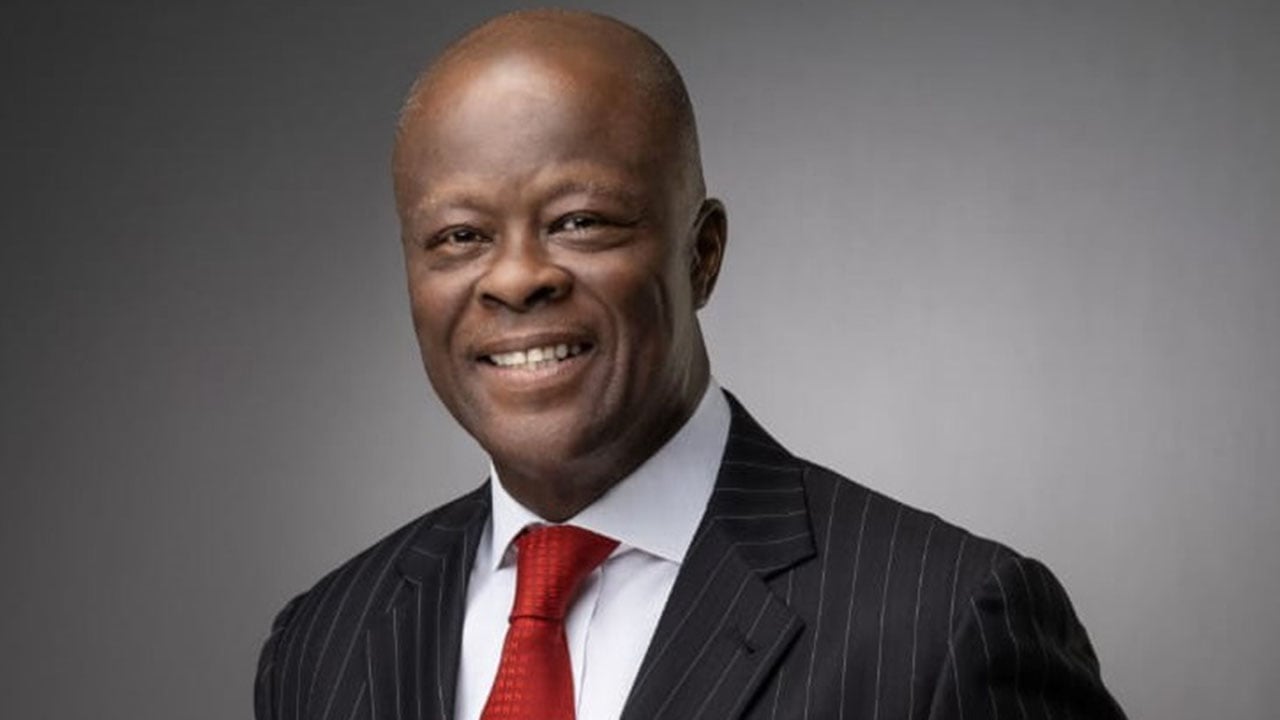
“I Believe In Polygamy, And I Have My Reasons” — Comedian Alibaba Sparks Debate Over Marriage Views

Nigerian veteran comedian and social commentator, Alibaba, has once again set social media abuzz after boldly declaring his belief in polygamy and explaining that there are different reasons why he supports it. Known for his thought-provoking takes on societal issues, the respected entertainer delved into one of the most controversial topics in African culture — polygamy — and made his stance clear, leaving Nigerians divided over his comments.
In a recent interview, Alibaba said he believes polygamy is a realistic part of African society that many people shy away from discussing openly due to modern moral expectations and religious interpretations. According to him, marriage dynamics in the modern world often ignore the realities of human needs, cultural traditions, and the imbalance between men and women in population statistics. He argued that while many criticize polygamy, they forget that some of their fathers, uncles, and even pastors are quietly practicing it in one form or another, either officially or unofficially.
“I believe in polygamy,” Alibaba stated firmly. “There are different reasons for it. Some are cultural, some are biological, and others are situational. It’s not always about lust or greed. Sometimes, it’s about responsibility, tradition, or circumstances that life throws at you.”
His statement quickly went viral, with thousands of reactions pouring in from fans and critics alike. Many applauded his honesty and cultural awareness, while others condemned his stance, calling it outdated and misogynistic in a time when gender equality and monogamous relationships are being promoted across the world.
Alibaba, whose real name is Atunyota Alleluya Akpobome, has built a reputation for being fearless in his opinions. The comedy pioneer, often regarded as the godfather of Nigerian stand-up comedy, has never shied away from speaking his mind about social issues — from politics and religion to marriage and gender relations. His endorsement of polygamy, however, struck a particularly sensitive nerve in a society where traditional and modern values constantly collide.
In elaborating his views, Alibaba explained that polygamy in itself is not evil, but rather, it depends on how it is practiced. He pointed out that in many African societies before the influence of Western culture and religion, polygamy was seen as a symbol of strength, wealth, and leadership. Men who could afford to care for multiple wives and families were respected, and women were not necessarily victims in those arrangements because it provided them with security and status.
He noted that the problem with polygamy in modern times is not the system itself but the abuse and hypocrisy that often surround it. “If you can take care of one woman, good. If you can take care of two or three and everyone is happy, that’s fine too. The issue is when people pretend to be monogamous while living double lives,” he said.
His comments sparked heated debates online, especially among women’s rights advocates who argued that polygamy reinforces patriarchal control and reduces women to property. Others, however, argued that polygamy, when done with mutual consent, can actually be empowering and practical, especially in societies where economic and social realities make single marriage less sustainable.
One X (formerly Twitter) user wrote, “Alibaba is just saying the truth. Many men are already in polygamous relationships; they just call their second wives ‘side chicks.’ It’s hypocrisy that’s the real problem.” Another user countered, “Polygamy might have worked in the past, but in today’s world, it’s unfair and emotionally damaging. Women deserve loyalty, not competition.”
The discussion also expanded into the religious sphere, as some people questioned how his beliefs align with Christian teachings on marriage. Alibaba, however, made it clear that his statement was not from a religious standpoint but a cultural and practical one. He noted that even in the Bible and Quran, several patriarchs and prophets were polygamous, and their faith was not condemned because of it. “We have to stop acting like polygamy is some strange sin. It’s part of our heritage,” he said.
Interestingly, some male celebrities and public figures subtly echoed Alibaba’s views, admitting that many men practice “emotional polygamy” even if not officially married to more than one woman. Others distanced themselves, saying fidelity and emotional exclusivity are vital to healthy relationships in today’s world.
Beyond the moral debate, some analysts say Alibaba’s comment is a mirror of Nigeria’s evolving cultural consciousness — a society caught between preserving traditional values and embracing Western modernity. Polygamy is still legal in Nigeria under customary and Islamic laws, and it remains a common practice in many parts of the country. However, urbanization, economic hardship, and changing gender dynamics have made it a sensitive topic.
For some observers, Alibaba’s perspective reflects a pragmatic view of relationships in an era of increasing divorce rates, infidelity scandals, and broken homes. They argue that rather than demonizing polygamy, society should focus on honesty, communication, and respect in relationships — whether monogamous or polygamous.
Alibaba also emphasized that his belief in polygamy doesn’t mean he encourages men to marry recklessly or irresponsibly. “It’s not for everybody,” he said. “It takes maturity, emotional intelligence, and financial capacity to manage multiple families. Some men can’t even manage one home; they have no business thinking of another.”
His measured explanation earned him both admiration and backlash, with some fans praising his wisdom and others calling his views outdated. A few fans even asked if the comedian was planning to take another wife himself, but he declined to give personal details, insisting that his comments were more about cultural reflection than personal preference.
As expected, the conversation soon turned into a trending topic across social media platforms, with hashtags like #AlibabaPolygamy and #MarriageDebate dominating discussions. Relationship experts, influencers, and even clergy weighed in, dissecting the pros and cons of multiple marriages. While some viewed Alibaba’s take as brave and realistic, others argued that such comments could encourage men to exploit women under the guise of tradition.
Still, Alibaba’s statement has forced many Nigerians to rethink their perception of marriage, fidelity, and cultural authenticity. Whether people agree with him or not, his boldness in addressing an often-taboo topic shows the comedian’s enduring influence beyond entertainment.
For decades, Alibaba has used his platform to challenge societal hypocrisy, provoke dialogue, and promote self-reflection among Nigerians. This latest controversy is no different. As the dust settles, one thing remains clear — the conversation around polygamy, culture, and modern love in Nigeria is far from over, and Alibaba has just reignited it in the most unapologetic way possible.
His words may have divided opinions, but they have undeniably sparked a national conversation that reveals the deep moral, cultural, and emotional complexities surrounding marriage in contemporary Africa. Whether as a comedian or a cultural critic, Alibaba continues to prove that sometimes, the funniest people are also the ones who make us think the hardest.


